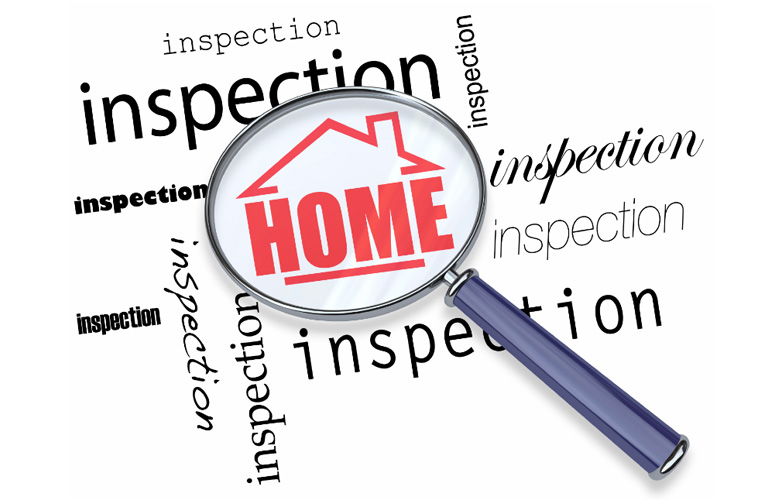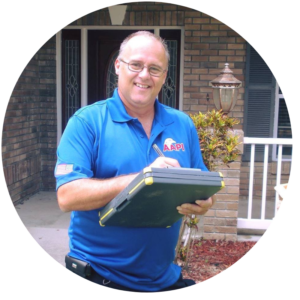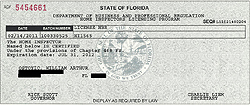I’ve seen young couples save for years in the hopes of buying their first house, the house they envision raising their family in, only to have their hopes and dreams dashed to pieces due to the cost of repairs that dream home would require.

These families spend hard-earned money on inspections, appraisals, and other costs, only to be shown a repair bill that they cannot afford. Of course, if the seller doesn’t have the money to repair the home, the contract is canceled.
The young couple, having worked hard to save their money, is now out hundreds in fees, hours of time and lots of frustration. If the seller doesn’t have the money to make the repair and the contract gets canceled, the young couple has now lost a chunk of their savings.
Often times they can’t afford the fees to begin the process over again.
I’ve also witnessed the despair in the eyes of older people on a fixed income have lost money by putting contracts on homes that need immediate repairs that they don’t have the money to complete.
Many of these people are in the hard position of being between homes or in situations where they need to move quickly. I have seen hopelessness wash over too many faces when they get the bad news about the home.
I think the thing that bothers me the most is that many of the items that cause these deals to fall apart are readily accessible. These repairs, if you know what to look for, can be found before a contract is initiated. With a little knowledge, many stories similar to what I listed above can be avoided.
As a service to you, I have taken it upon myself to try and help by putting together the 4 areas or red flags around a house that typically cause the majority of these problems.
So, what should you look for? I’ve broken it down into 4 main categories and will go through each one point by point.
- The Roof
- The pipes in the house (including how to easily recognize them)
- The electrical panel
- The air conditioner
Red Flag #1: The Roof
Roof replacements are one of the most expensive items when it comes to your home. This is why it’s so important to know what to look for when you’re viewing a house.
I know this may sound crazy but as you’re driving through the neighborhood, look at the roofs on each of the houses. Almost all newer roofs are done with architectural shingles. If any of the homes have newer roofs and the roof on the home your looking at has 3-tab shingles, you may want to find out when the roof was last replaced.
Another thing to keep in mind when looking at the roof is that your insurance company may want you to get the roof certified before they will write you a policy. This certificate will let them know how old the roof it, the shape it’s in and what sort of life it has left.
Below you can see the difference between architectural shingles, which is being used on newer roofs and the older 3 tab shingles.
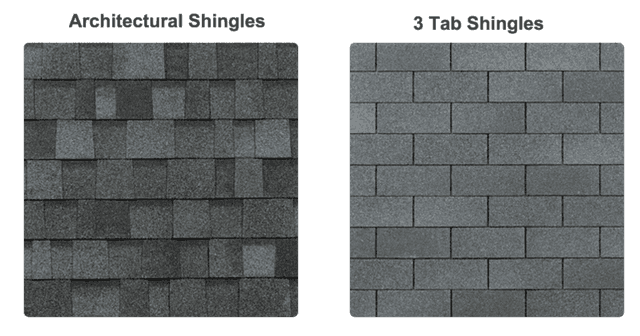
Red Flag #2: The Pipes
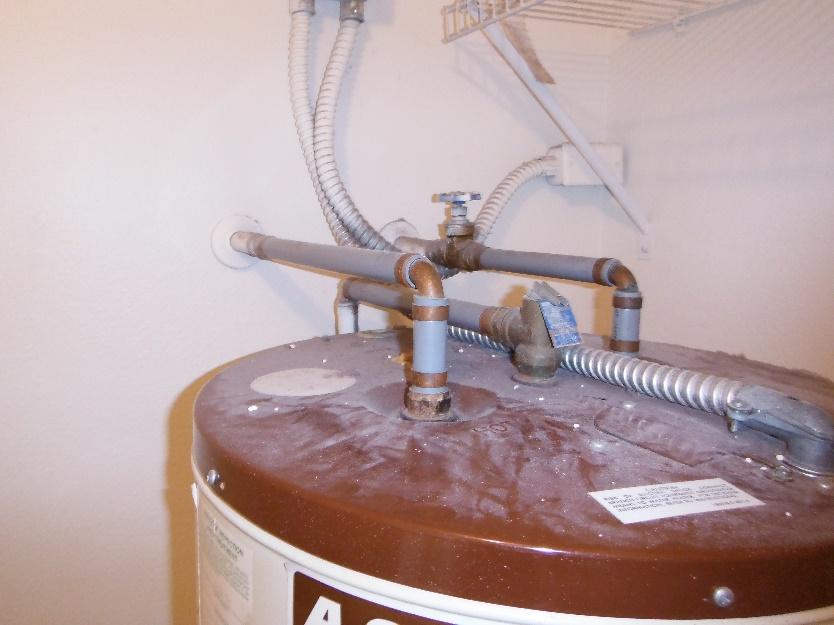 For houses built in the late 70’s through the 90’s, many homes were piped with polybutylene piping which has been known to prematurely fail. Even though most of this piping has been replaced, I still run into it every now and then.
For houses built in the late 70’s through the 90’s, many homes were piped with polybutylene piping which has been known to prematurely fail. Even though most of this piping has been replaced, I still run into it every now and then.
This pipe is easy to recognize because it has a stamp that reads “PB2110” on the pipe. It is also usually grey in color with copper crimps.
You can find this pipe on the water heater (pictured here), toilet plumbing, or sinks.
The reason this piping may cause a red flag is that a lot of insurance companies will require it to be replaced before they will write a policy for the home. So you as the buyer will need to replace it or use this as a negotiation on the price of the home.
Red Flag #3: The Electrical Panel
Looking to a buy a home that was built in the 1970’s? Then you can’t afford to miss this red flag.
When touring a house head to the electric panel and pay close attention to what type it is. If you see the letters FPE on the outside of the box or you open the cover panel and look for a sticker that says Federal Pacific Electric, you’ll have to have this replaced. Another indication that it may be an FPE box is the panels may have a red stripe over the breaker amperage.
These panel boxes are going to need to be replaced as mandated by the insurance companies. The average cost of the panel replacement is around $800 -$1000 for each panel. There is also a high percentage of these panels that have aluminum wiring.
Aluminum wiring is really prone to overheating. Homes with aluminum wiring are 55 times more likely to have one or more connections become serious fire hazards.





 For houses built in the late 70’s through the 90’s, many homes were piped with polybutylene piping which has been known to prematurely fail. Even though most of this piping has been replaced, I still run into it every now and then.
For houses built in the late 70’s through the 90’s, many homes were piped with polybutylene piping which has been known to prematurely fail. Even though most of this piping has been replaced, I still run into it every now and then.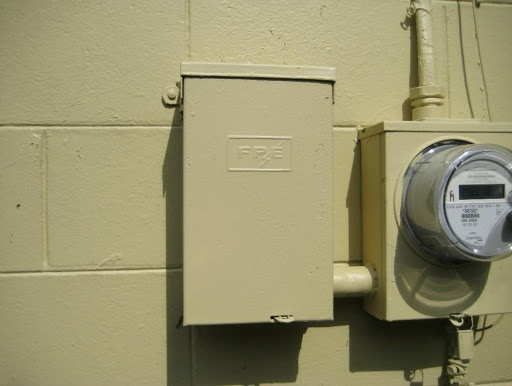
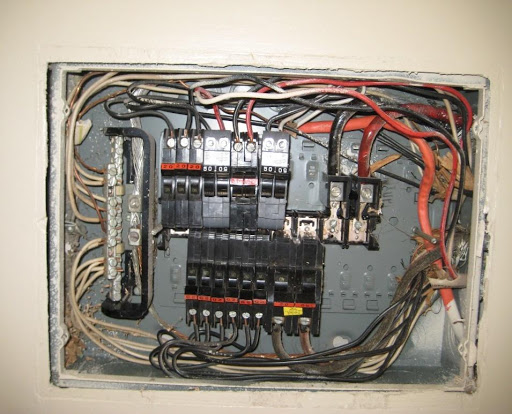
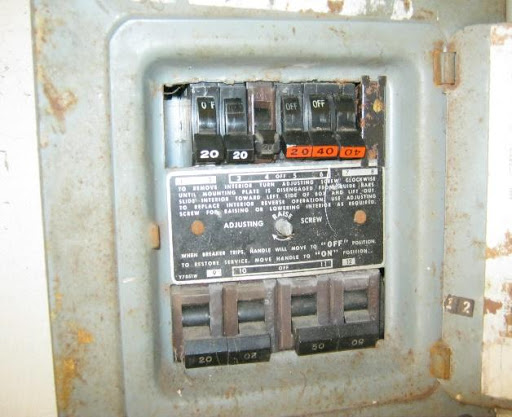
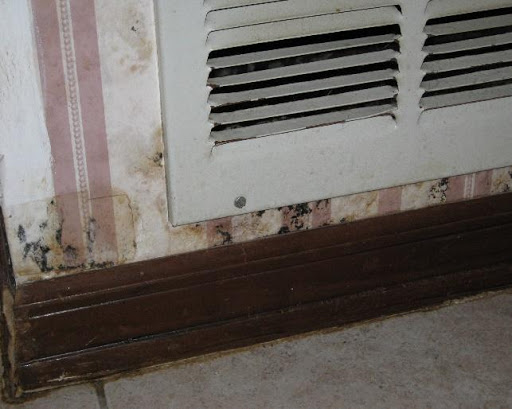
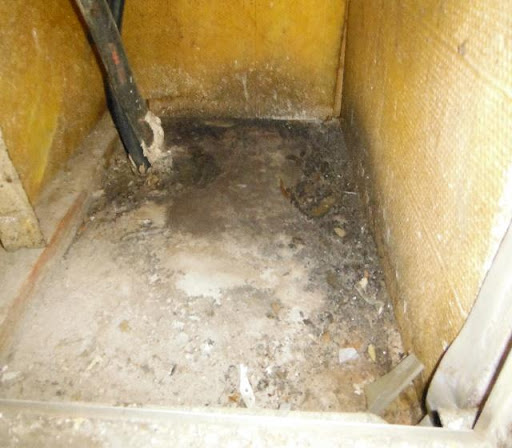
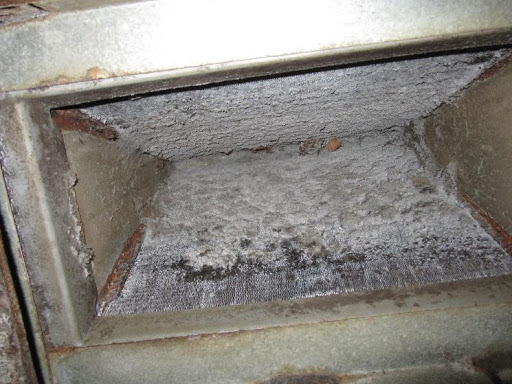
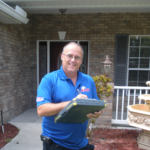
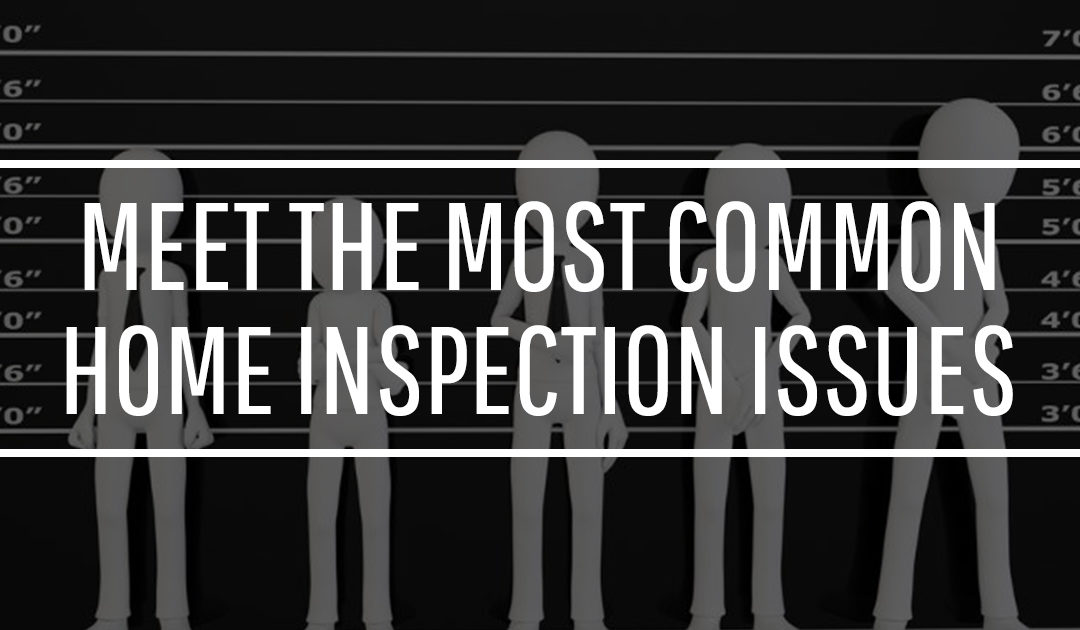
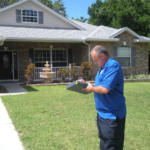 There are lots of benefits to successfully having your home inspected. Inversely, the consequences to not completing a home inspection can have jarring ramifications. The many reasons for you to have your home inspected include benefits to homeowners that can save money and lend valuable information. By having a home inspection, homeowners can also gather the potential need for upgrades or repairs that may be necessary. It is generally a way to prepare to ensure the general upkeep of a home. Home inspections can serve a great purpose to the current resident as well as prospective buyers. If you are looking to sell, a successful home inspection can serve as a great negotiating tip. More reasons not to skip a home inspection are below.
There are lots of benefits to successfully having your home inspected. Inversely, the consequences to not completing a home inspection can have jarring ramifications. The many reasons for you to have your home inspected include benefits to homeowners that can save money and lend valuable information. By having a home inspection, homeowners can also gather the potential need for upgrades or repairs that may be necessary. It is generally a way to prepare to ensure the general upkeep of a home. Home inspections can serve a great purpose to the current resident as well as prospective buyers. If you are looking to sell, a successful home inspection can serve as a great negotiating tip. More reasons not to skip a home inspection are below.